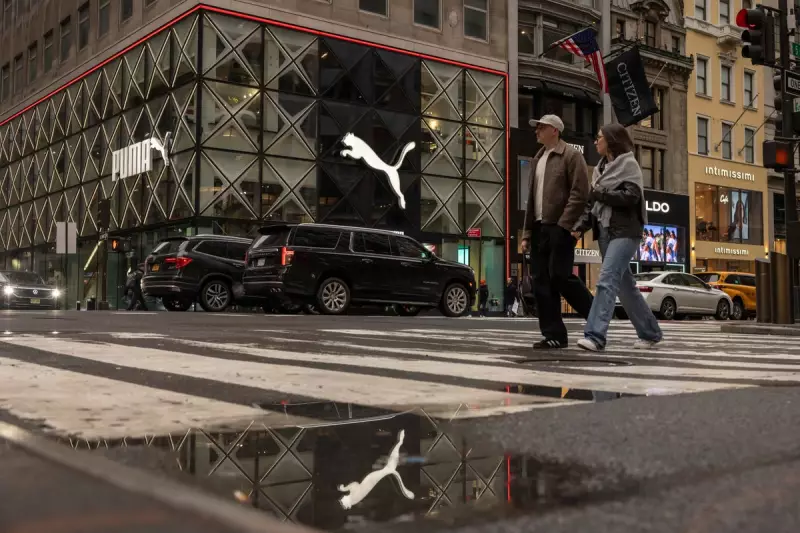
In a significant move that shakes the sportswear industry, German athletic apparel giant Puma has revealed plans to eliminate hundreds of positions worldwide. The company confirmed the substantial workforce reduction as part of a broader strategic overhaul designed to navigate increasingly challenging economic conditions.
Strategic Restructuring Amid Market Pressures
The job cuts represent one of the most substantial workforce reductions in Puma's recent history, reflecting the mounting pressures facing global retailers. Company executives described the decision as a necessary response to what they termed "several difficult years" ahead for the industry.
According to internal communications, the restructuring will affect positions across multiple departments and regions, though the exact distribution of cuts remains undisclosed. The sportswear manufacturer emphasised that the moves are essential for maintaining competitive positioning in an increasingly volatile market.
EU Tariff Concerns Compound Challenges
Compounding Puma's operational challenges are growing concerns about potential European Union tariffs on Chinese imports. As a company with significant manufacturing presence in China, such trade restrictions could substantially impact production costs and supply chain efficiency.
Industry analysts suggest that the spectre of additional trade barriers has accelerated Puma's decision-making timeline, forcing earlier and more decisive action than might otherwise have been necessary. The company's reliance on Asian manufacturing makes it particularly vulnerable to shifting trade policies.
Broader Industry Implications
Puma's restructuring signals potential trouble ahead for the entire sportswear sector. Following similar cost-cutting measures by competitors, the move suggests industry-wide anticipation of reduced consumer spending and increased operational costs.
The job cuts come during a period of unusual volatility for athletic apparel companies, many of which experienced pandemic-era surges followed by post-lockdown inventory gluts and changing consumer preferences.
Market watchers will be closely monitoring how other major players in the sector, including Nike and Adidas, respond to these same economic pressures in the coming months.





